Today’s story comes from southern Ethiopia, one of the best coffee-growing regions in the world! Through a World Vision training and fair trade program, coffee grower Tesfaye now brings in enough income to support his family and send his children to school, giving them hope for the future.
* * *
Tesfaye Seli, 45, lives in the Kisha area of Kochere district in south Ethiopia, one of the best coffee-growing regions in the world. He and his wife, Marta, 35, have nine children: four girls and five boys.
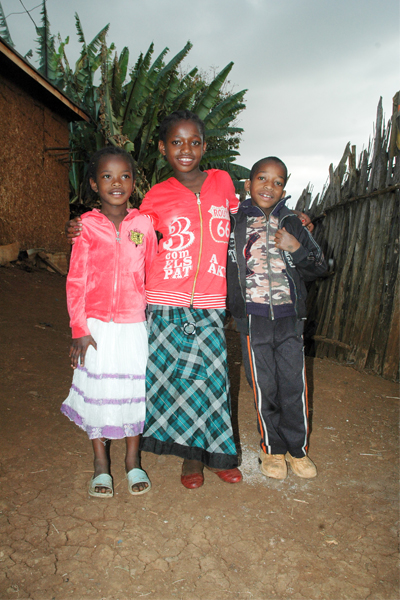
Seven of their children are going to school. The remaining two are still too young. Four are attending in the Kochere area, while three are going to a private school in Dilla town.
“Five years ago, I did not have anything,” Tesfaye says. “I was nominated from my kebele (local administration) to participate in trainings given by World Vision as they came here five years ago. I got trained on coffee growing and management. I applied all the trainings I gained, and now I have everything.”
Tesfaye is one of 1,600 members in the Hama Coffee Farmers Primary Cooperative, who World Vision’s Coffee Farmers Cooperative Revitalization Support Project in Kochere district has supported for the past five years. The project has helped coffee growers like Tesfaye produce better income from the sale of their coffee through fair trade.
“I have my own house very well furnished,” Tesfaye says. “Three hectares of coffee, about two hectares of false banana (a staple food item in the area). I have over 10 oxen, which I have given to different farmers for fattening. I have cows. From all my activities I earn about 100,000 Birr (US $5,500) per year. I have got a motor bicycle with which I travel from place to place for my business.”
Coffee companies Jasper of Australia and Laughing Man of New York are among the buyers in this area. As a result of the better income these growers get from the sale of their coffee, they have managed to cater to the needs of their children without any problem.
“We feed our children well,” Tesfaye continues. “We dress them well. Any time they have health problems, we take them to the hospital. Thank God we have not had any problem of money.
“I know that what changed me is the knowledge I got from World Vision’s training workshops. I have therefore respect for education. As a result, I went to school and completed secondary education. Now, I am attending management courses in Dilla University on distance education.
“Three of my children have joined a private school in Dilla town. I am paying for their tuition and house rent. I am also paying for after-school classes for them.”
Andualem, Tesfaye’s 8-year-old boy who is a first-grade student at Hanbyul Christian Academy, a private school in Dilla Town, says, “I am very happy that I am learning in this beautiful school. There are many things to play with like swings and football. The teachers are nice; they are ferengis (white). My father is a good person to send me, my brother, and my sister to this school. I will become a doctor when I grow up.”
Dawit, 11, says, “I want to become an engineer when I grow up, because an engineer brings solutions by fixing machinery.”
Provided that the fair trade coffee business in the region continues to be strong, it is likely that the dreams of Andualem, Dawit, and many other children in the community will come true.
Support World Vision’s fair trade coffee programs! When you make a one-time donation to our Maximum Impact Fund, you also receive this fair trade coffee set as a gift for yourself or a loved one.
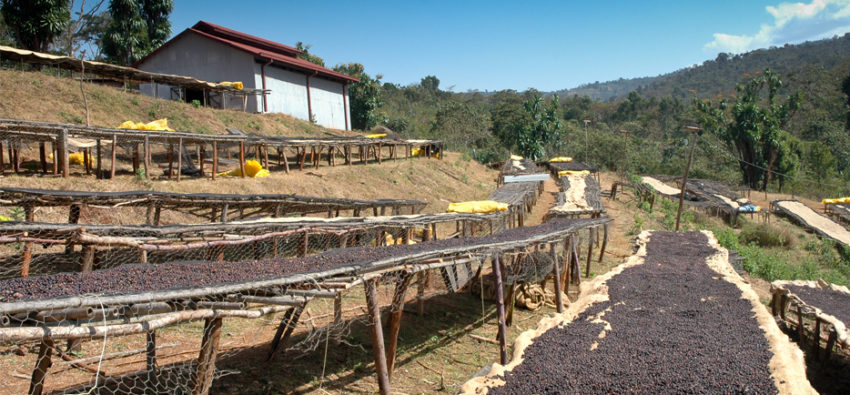
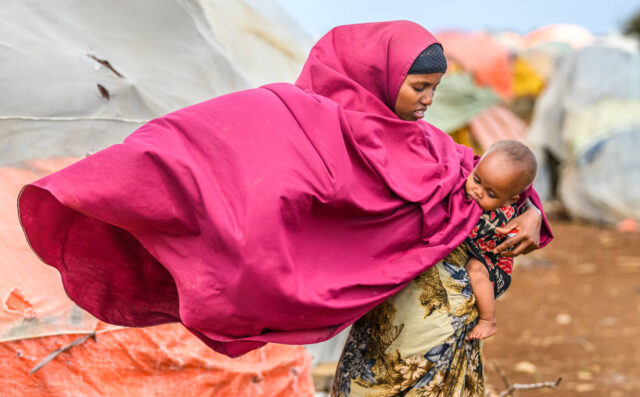
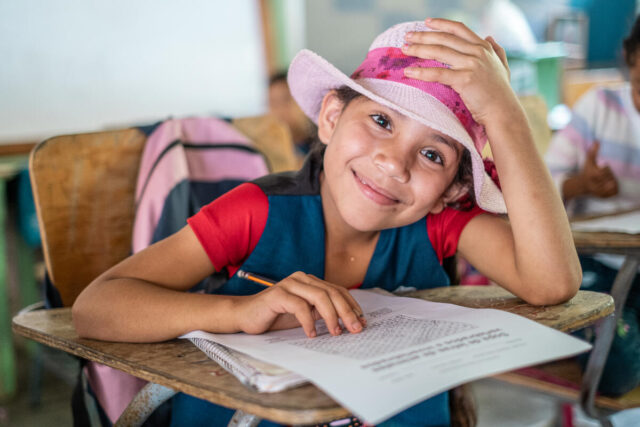

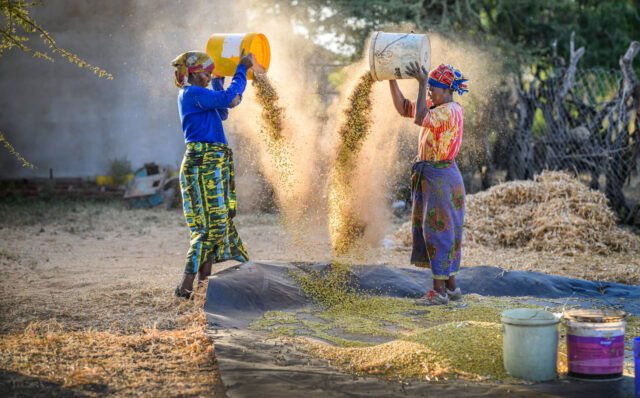
Comments